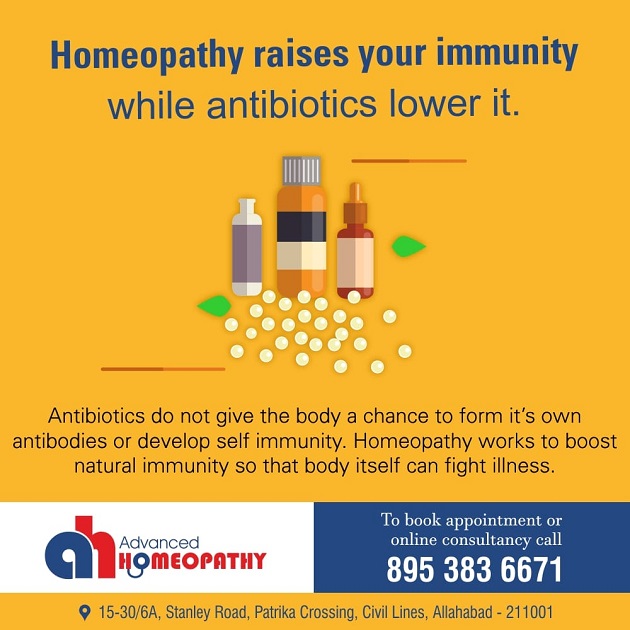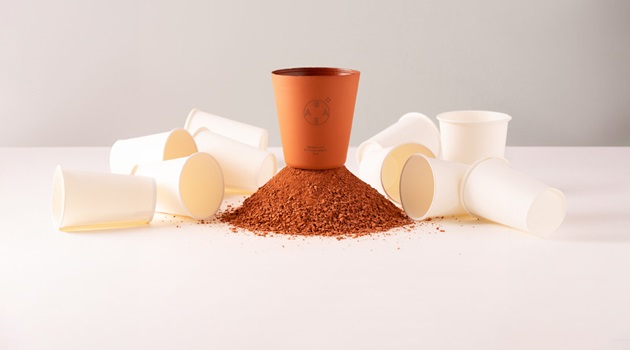Malaria, a life-threatening disease caused by parasites that are transmitted to people through the bites of infected mosquitoes, is preventable and curable.
Symptoms of malaria patient
Malaria is an acute febrile illness. In a non-immune individual, symptoms usually appear 10–15 days after the infective mosquito bite.
The first symptoms – fever, headache, and chills – may be mild and difficult to recognize as malaria.
If not treated within 24 hours, some malaria symptoms can progress to severe illness, often leading to death.
Children with severe malaria frequently develop one or more of symptoms, like severe anaemia, respiratory distress in relation to metabolic acidosis, or cerebral malaria.
In adults, multi-organ failure is also frequent. In malaria endemic areas, people may develop partial immunity, allowing asymptomatic infections to occur.
How experts view malaria
Caused by two of the five kinds of parasites, namely Falciparum and Vivax, malaria is one of the most prevalent mosquito-borne diseases that are carried by the female anopheles mosquitos which transmit the disease while biting a person for a blood feed.
The World Health Organisation estimates that there were 220 million malaria cases worldwide in 2019 and every 2 minutes sees the death of a child from malaria.
When the infected mosquito bites a person it injects the parasites into the body. It only takes a single mosquito bite to become infected.
As the parasite exists in human red blood cells, malaria can be passed on from one person to another person through organ transplant, shared use of needle or syringes and blood transfusion.
What happens in malaria
Malaria infection develops via two phases: Exo-erythrocytic phase – that involves the liver, and Erythrocytic phase- that involves red blood cells, or erythrocytes.
When an infected mosquito pierces a person’s skin, sporozoites from mosquito’s saliva enter the bloodstream and migrate to the liver where they infect liver cells, multiplying asymptomatically for a period of 8–30 days.
After a dormant period in the liver, these organisms differentiate to yield thousands of merozoites, which, following rupture of liver cells, escape into the blood and infect red blood cells to begin the erythrocytic stage of the life cycle.
Within the red blood cells, the parasites multiply further again, periodically breaking out of infected red blood cell to invade fresh red blood cells.
The onset is often insidious, with malaise, headache and vomiting, fever and chills. Cough and mild diarrhoea are also common. Jaundice is common due to haemolysis and hepatic dysfunction. The liver and spleen enlarge and become tender, and anaemia develops rapidly.
Malaria treatment with Homeopathy
Homeopathy is one of the most popular holistic systems of medicine. The selection of homeopathic medicine for malaria is based upon the theory of individualization and symptoms similarity by using holistic approach.
This is the only way through which a state of complete health can be regained by strengthening the immune system and removing all the signs and symptoms from which the patient is suffering.
The aim of homeopathic medicine for malaria is not only confined to malaria treatment but to address its underlying cause and individual susceptibility. As far as therapeutic medication is concerned, several medicines are available for malaria treatment.
According to Dr. Maroof Siddiqui, a second-generation homeopath at the renowned Advanced Homeopathy Clinic, Prayagraj, the homeopathic management of malaria has significant and unique contributions which can benefit patient in many ways.
He says homeopathic medicines can be beneficial as a prophylactic or a preventive measure. “Conventional anti-malaria medicines have several side effects and in patients who are unable to tolerate the medicines or are visiting countries with low risk of infection, homeopathic medicines may be considered to be a prophylactic.”
Dr Maroof says, taking Eupatorium Perfoliatum 30ch, two times a day is highly effective.
He says high doses of painkillers may cause side-effects and use of homeopathic medicines like Eupatorium Perfoliatum Q, Cinchona 30C and others given in low potencies helps reduce the acute discomfort that patients feel.
Also, homeopathic medicine acts as an intervention to manage complications arising from malaria, like jaundice, kidney dysfunction and hallucinations etc.
For example, in case of jaundice and renal dysfunction, there are no specific treatments in conventional medicine, while homeopathic meds like Chelidonium Majus 30c for jaundice, and Lycopodium 30c for renal dysfunction help in speedy recovery of the patient.
Dr. Maroof says homeopathy helps in the management of chronic malaria. Chronic malaria results in an increase in the size of the spleen, which can be life threatening. The introduction of homeopathic medicines like Natrum Mur 30ch, ceanothus q, has repeatedly demonstrated a better response in the patients who have not responded to conventional treatment.












